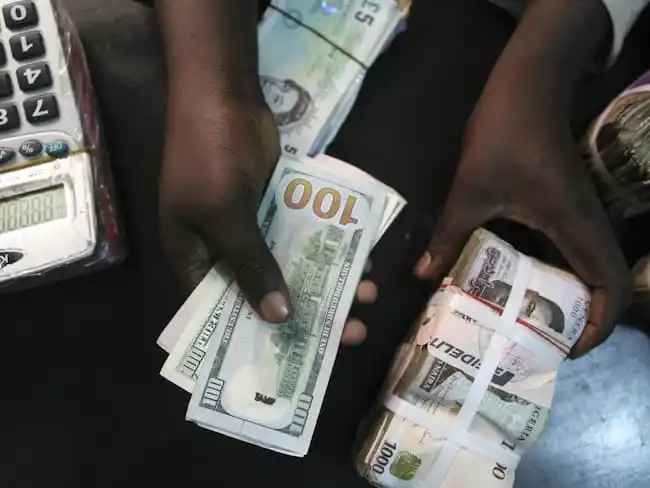Investor caution over Nigeria’s economy and rising national debt has spurred a selloff in Nigerian Eurobonds, causing the average yield on the country’s US dollar bonds to edge up to 9.60% in the latest trading session.
Market analysts attribute this bearish trend to economic uncertainties, including inflationary pressures, currency depreciation, and a dip in global oil prices, which have weighed heavily on investor confidence.
The uptick in yields comes as foreign portfolio investors have pulled back, diminishing demand for Nigeria’s sovereign Eurobonds. This trend coincides with Nigeria’s renewed appeal to the World Bank for a $750 million disbursement from a previously approved $2.25 billion loan, underscoring the nation’s efforts to stabilise its economy amid fiscal strains.
Nigeria’s inflation rate, which had decelerated for two consecutive months, reversed course in September, spiking due to rising energy costs. Analysts anticipate that inflation could continue its upward trend through the end of the year, further affecting the economic landscape and investor sentiment.
The naira has seen persistent depreciation despite an increase in external reserves, casting doubt on Nigeria’s actual foreign exchange balance after several foreign-currency-backed reserve commitments.
In the African Eurobond market, Monday saw selling pressure on Nigerian and Angolan sovereign bonds, while Egyptian bonds attracted moderate buying interest. This selling spree pushed Nigeria’s bond yields up by two basis points on average across short, mid, and long-term maturities. Analysts predict that the bearish momentum may persist, albeit with a less intense impact, as investors assess the economic outlook.
With a combination of currency depreciation, inflation fears, and increased bond yields, Nigeria’s financial markets continue to face headwinds. The developments in the Eurobond market will be crucial for investors closely monitoring Nigeria’s fiscal and monetary policies.











